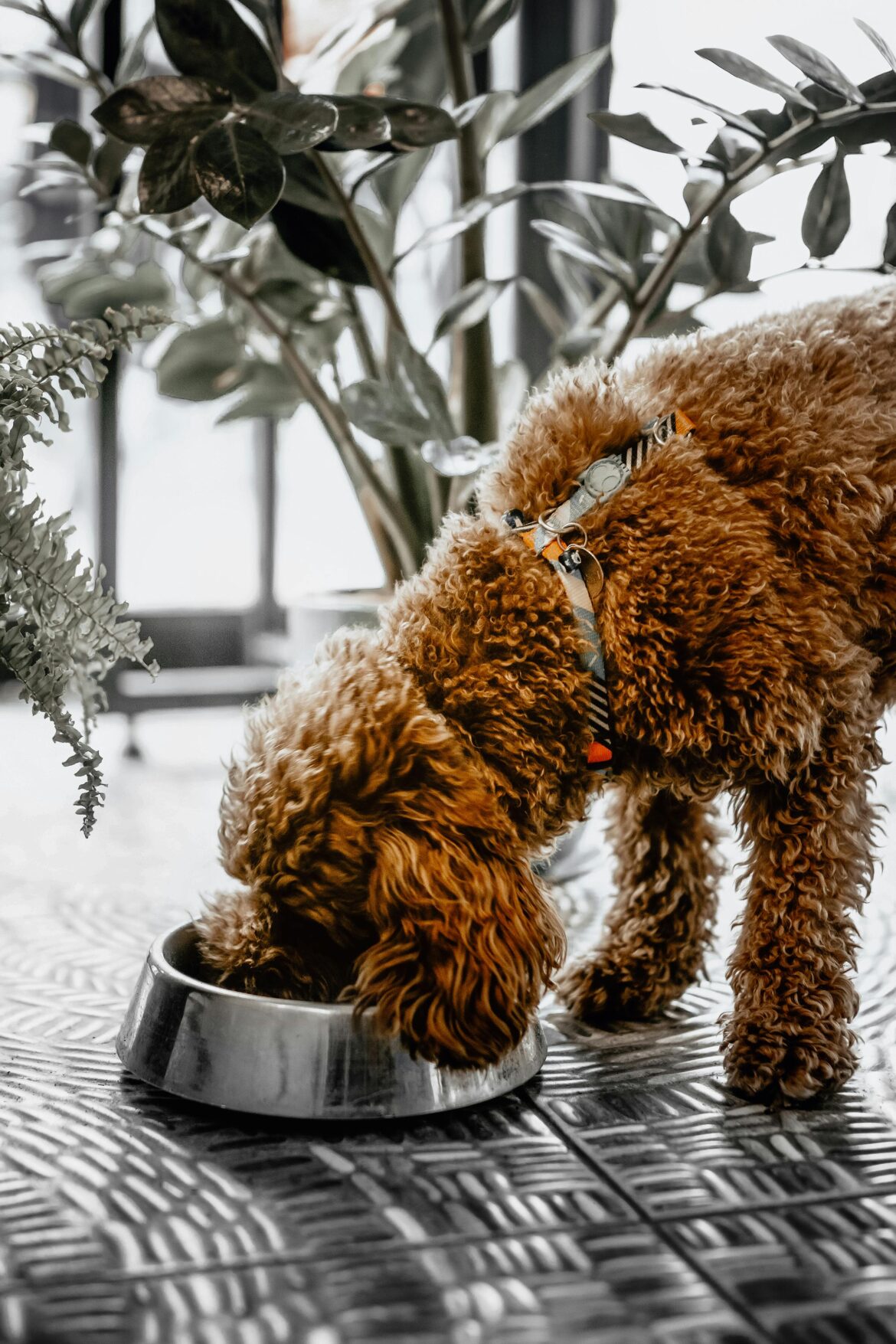Top Picks for Senior Dog Nutrition
As dogs age, their nutritional needs change. Senior dogs require a balanced diet that supports their slowing metabolism and helps manage health issues such as joint pain and weight control. This article provides a comprehensive guide to choosing the right food for older dogs, ensuring they remain healthy and vibrant in their golden years.
Understanding Senior Dog Nutritional Needs
Senior dogs generally need fewer calories due to decreased activity levels but require more protein to maintain muscle mass. They also benefit from diets rich in specific nutrients that support joint health and cognitive function. It’s crucial to prioritize foods that are easily digestible and cater to the unique needs of older dogs.
Digestibility and Ingredient Quality
As dogs grow older, their digestive systems often become less efficient. High-quality, easily digestible ingredients can make a significant difference in your senior dog’s health. Look for whole proteins, low-fat formulations, and minimal use of fillers such as corn and soy, which are less beneficial for senior dogs.
Selecting the Right Food: Wet vs. Dry
Both wet and dry foods have distinct advantages for senior dogs. Wet food can be easier for older dogs to chew and swallow and helps increase water intake, which is beneficial for kidney function. Dry food, on the other hand, can help maintain dental health by reducing plaque buildup.
Benefits of Wet Dog Food for Seniors
Wet dog food, with its high moisture content, is particularly suitable for senior dogs who might struggle with hydration or have difficulty chewing dry kibble. Brands like Hill’s Science Diet and Royal Canin offer wet food formulas specifically designed for senior dogs, focusing on easy digestibility and optimal nutrient absorption.
Advantages of Dry Dog Food for Older Dogs
For senior dogs with no significant dental issues, high-quality dry dog food can be an excellent choice. Dry food often contains higher levels of beneficial fiber which aids in digestion and keeps bowel movements regular. Plus, some products incorporate specialized ingredients that promote joint health and cognitive function in older dogs.
Key Nutrients for Older Dogs
A few key nutrients are essential in the diets of older dogs:
- Protein: Maintains muscle mass for mobility and strength.
- Fatty Acids: Omega-3 and Omega-6 support skin, coat, and joint health.
- Vitamins: Vitamin E, C, and antioxidants help combat the effects of aging and promote immune health.
- Glucosamine and Chondroitin: These supplements are often added to senior dog foods to support joint health and mobility.
Top Recommended Dog Foods for Seniors
Several brands stand out when it comes to senior dog nutrition:
- Orijen Senior Dog Food: Known for high levels of fresh and raw animal ingredients like free-run chicken and turkey, wild-caught fish, and cage-free eggs. Orijen’s foods promote lean muscle mass and peak conditioning.
- Blue Buffalo Life Protection Formula: This dry food option includes specific ingredients to help maintain the health and well-being of older dogs, featuring deboned chicken, whole grains, and an exclusive blend of antioxidants, vitamins, and minerals.
- Canidae Pure Senior Recipe: A limited ingredient diet ideal for seniors with sensitive stomachs. It includes nine real food ingredients along with probiotics for digestive health, antioxidants for immune defense, and omega fatty acids for a healthy coat.
Feeding Tips for Senior Dogs
Maintaining proper feeding routines and monitoring your senior dog’s dietary intake is crucial:
- Monitor Weight Regularly: Keeping a close eye on your dog’s weight will help you adjust their diet as needed to prevent obesity or address weight loss.
- Adjust Portion Sizes: If your dog’s activity level decreases, you may need to reduce their portion sizes to prevent weight gain.
- Frequent, Small Meals: Feeding your senior dog smaller, more frequent meals can help maintain steady energy levels and better digestion.
Common Questions About Senior Dog Nutrition
1. How often should I feed my senior dog?
Most senior dogs do well with two meals per day, but as every dog is different, it’s best to consult with your veterinarian for a feeding schedule that fits your dog’s specific health needs.
2. What if my senior dog refuses to eat?
If your senior dog is refusing to eat, it might be due to health issues, dental problems, or the palatability of the food. Consulting a veterinarian can help determine the cause and modify the diet as needed.
Conclusion
Selecting the right food for your senior dog plays a crucial role in managing their health and wellness. By understanding their nutritional needs and exploring high-quality food options, you can help your older dog enjoy their senior years with vitality and joy.
Always consider consulting your veterinarian when making significant changes to your dog’s diet or if you have concerns about their health as they age. The right nutrition, coupled with regular veterinary care, can make a significant difference in the quality of life for your senior dog.



